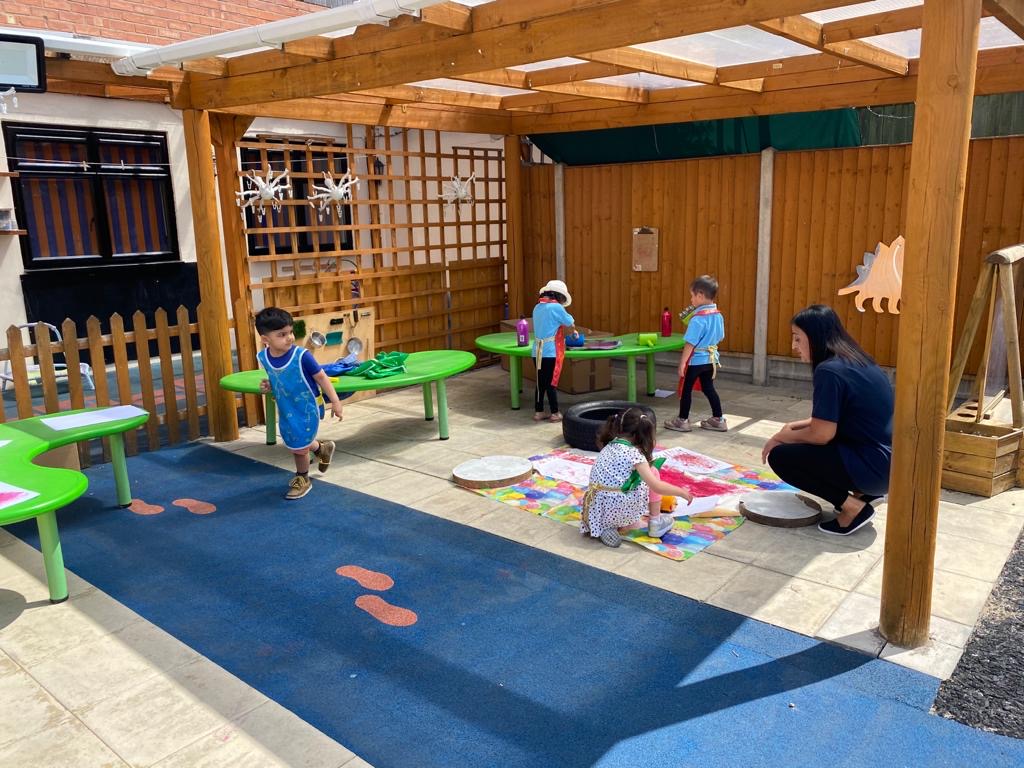Were you surprised to hear the government open up schools and early years’ settings so soon after the national Covid-19 peak? This post will explore the benefits children can gain from attending school sooner rather than later, and whether your child really is more immune to Covid-19 than you are.
Sense of Normalcy and Routine
Routine is especially important and significant for young children. Routines influence social, cognitive and emotional development, as well as teaching discipline.
Managing a daily routine through weekends and holidays can be challenging enough. Without support from your Early Years setting over a pro-longed period, it can be even tougher.
Based on the questionnaire answers shared with us when you bought your child back to nursery, a fair number of children had shown signs of stressful and nervous behaviour in reaction to the dramatic change we all experienced. Children easily pick up on and sense when we are worried even when we try to protect them from our true feelings.
Returning to school gives children a sign that the worst is over and they can feel safe again.
Social Development
The type of environment found in schools and Early Years’ settings can seldom be found elsewhere. There is a unique opportunity for children to meaningfully engage with others their age. It allows them to explore the values of sharing, caring for one another and making friends. These experiences are crucial for developing those mature aspects of character that will enable a smooth transition into school.
Care for vulnerable
The UK Government Guidance states:
“Vulnerable children and young people in any year group should attend school, where it is appropriate and there are no shielding concerns for the child or their household, and/or following a risk assessment for children with an education, health and care (EHC) plan.”
It is important for all young children to be placed into a safe learning environment. Where they can interact and engage with their peers, socialise and learn something new. This is especially important for vulnerable children.
Can my child transmit the virus to my family?
Whilst parents are assured that children are generally not susceptible to severe symptoms of Covid-19, the next concern is whether children could become ‘carriers’ and transmit the virus onto more vulnerable members of the family. Just how true are these fears?
Firstly, one statistic that will prove re-assuring is less than 1% of Covid-19 cases in England are under 10 years old. Children are also least likely to become seriously ill. This result has been compared across other countries and show similar re-assurances.
Regarding transmission, a common trend emerging amongst researchers is that children have a limited role in spreading the virus. The end of April 2020 saw Switzerland declare it safe for children to hug their grandparents. It is also suggested that whilst children spread colds and flus easily, the Covid-19 virus behaves differently. It is important to note, however, that no conclusive evidence proving children are not carriers exists yet; instead we can only use statistical trends as we experience them as evidence.
Ultimately, we are lucky in that we have a multitude of accessible experts and resources to support us in deciding what is best for our families. If there is anything we can do to support you and your child at home, or if you are considering returning your child to nursery for our holiday club, do get in touch!

